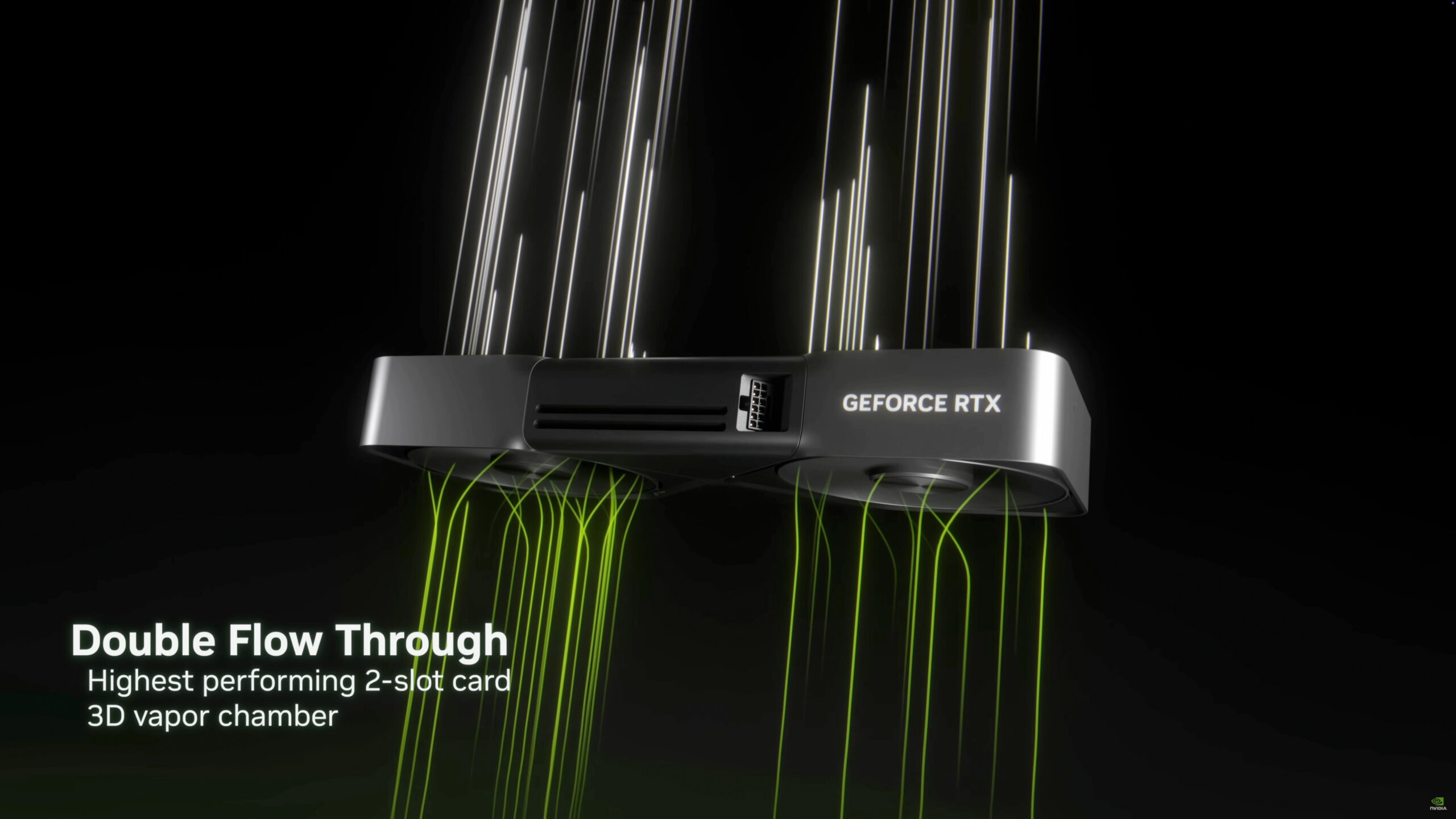AAA gaming feels like it’s in a state of chaos. Even high-end GPUs like the RTX 4090 are being pushed to their limits by recent releases. The RTX 5090 is just around the corner, promising more power than ever, but with the way things are going, it’s hard not to question how much longer even cutting-edge hardware will be able to keep up. Games like Monster Hunter Wilds (beta), Cyberpunk 2077 and Hogwarts Legacy have exposed glaring flaws in optimisation, leaving players frustrated with stuttering, frame dips and input lag that even the best GPUs can’t brute force their way through.
Why Poor Optimisation Is Breaking AAA Games
Take Monster Hunter Wilds as an example. The beta was a mess. While I enjoyed my time with it, I couldn’t ignore the performance issues. Hitting 80 FPS without using Frame Generation was a struggle and going below that made the input lag unbearable. For me, anything below 80-90 FPS crosses the line into frustration and while that is very much an issue that will vary greatly between individuals, but I can only imagine how much worse it must have been for players with lower-spec hardware. The final release is supposedly optimised, but given how many games launch in questionable states, I’ll reserve judgment until I see it for myself.
Are Modders the Real Heroes of AAA Gaming?
And this isn’t just a Monster Hunter problem. It’s a trend that seems to be infecting the entire AAA industry. Remember Cyberpunk 2077 at launch? Even with years of updates and a massive 2.0 overhaul, its disastrous debut left a sour taste for many. Back then, performance was so bad it felt like something out of the PS3 era. Memory leaks, stuttering and frame dips were rampant and while the developers eventually fixed many issues, modders were the ones who saved the day early on. They stepped in to create fixes, optimise the game and provide quality-of-life patches long before the studio could, or would, do anything about it.
Hogwarts Legacy followed a similar path. While I didn’t play it myself, the stories about its frame dips and memory issues were impossible to avoid. Once again, it fell to the modding community to step in and patch the game. Unreal Engine-specific problems that should have been addressed before launch were instead left to the unpaid efforts of players to resolve. The fact that modders can achieve so much is a testament to their talent, but it’s frustrating that we’ve reached a point where their work feels essential for making these games playable.
Even Elden Ring, which is one of my favourite games, wasn’t immune to performance issues. Frame pacing problems and stuttering were common at launch and while it didn’t ruin the experience for me, my first playthrough was on PS5, where things ran relatively smoothly, PC players weren’t so lucky. Mods quickly appeared to address these issues, offering fixes that the developers didn’t prioritise early on. It’s a familiar pattern at this point: multimillion-dollar studios release a game riddled with performance problems and modders step in to clean up the mess.

Can the RTX 5090 Keep Up with AAA Gaming Demands?
The bigger issue here is the industry’s reliance on brute force hardware over proper optimisation. It’s clear that developers are leaning on the assumption that players will just upgrade their GPUs to compensate for poorly optimised games. Frame Generation, ray tracing and other flashy features are heavily marketed, but when real FPS dips below 60, the trade-offs are obvious. Input lag becomes unbearable and the entire experience feels clunky, leaving players to endlessly tweak settings just to scrape by.
The RTX 5090 will undoubtedly set new benchmarks, but if the current trend continues, it’s hard to feel excited about what it will actually achieve. Sure, it’ll be more powerful, but will it matter if games can’t take full advantage of the hardware? Or worse, if developers continue to rely on the latest GPUs to brute force their way through bad optimisation instead of doing the work to make their games run well on a range of systems?
At the same time, modding communities have become an integral part of gaming. They’ve shown time and time again that they can deliver solutions faster and sometimes better, than the developers themselves. But this raises an uncomfortable question: why are players so often forced to rely on unpaid modders to fix problems that shouldn’t exist in the first place?
AAA gaming is reaching a tipping point. Poor optimisation is becoming the norm and it’s creating a frustrating experience for gamers who just want their expensive hardware to perform as expected. With the RTX 5090 on the horizon, I can’t help but wonder how much longer we’ll be expected to shell out for upgrades to compensate for the industry’s refusal to address these issues.
What’s your experience been like with recent games? Are mods saving your setup, or is your hardware still holding strong? And do you think the future of PC gaming will improve, or is this the new normal?

Leave a Reply